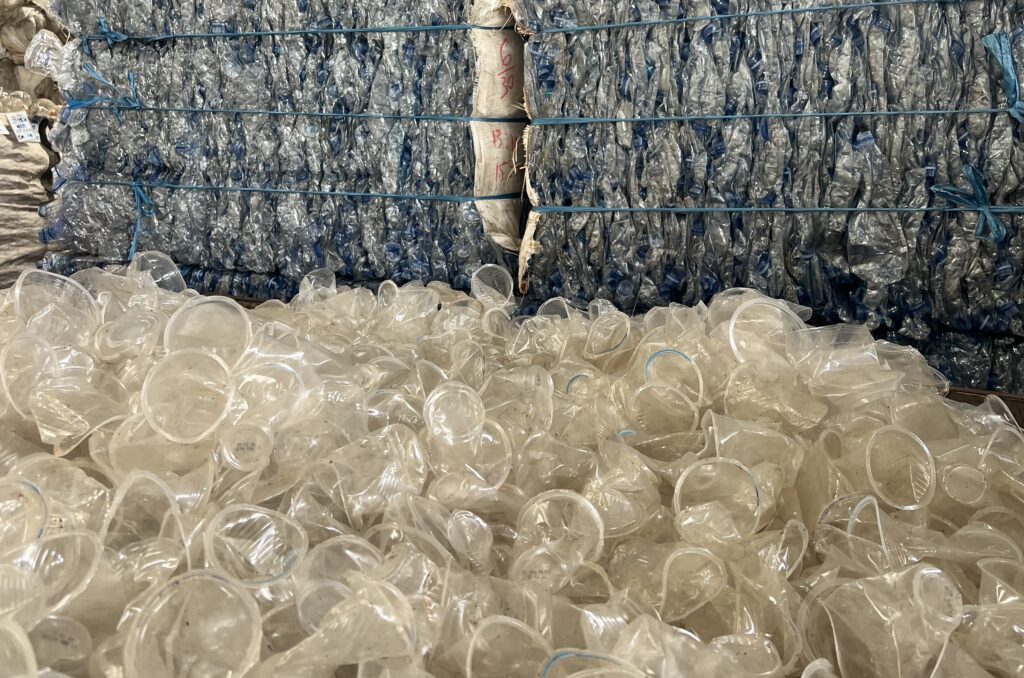Health Care Without Harm wants to protect newborns from exposure to toxic materials.
The campaign follows on from research by the Born Green Generation project, a three year undertaking looking at the critical first 1000 days of a baby’s life, from conception to their second birthday, and the impact of plastics and associated chemicals.
Hospitals and groups such as Great Ormand Street, Newcastle Hospitals, and the Centre Hospitalier Angoulême are now backing the initiative, and calling on other professionals and institutions to do the same. Trusts, including university partners, are now developing modules for trainee and student doctors and nurses to improve sustainable practices, for example replacing plastic baby bottles with glass and introducing washable diapers and reusable wipes. It is hoped that by 2030 the first generation of babies will be born without harmful plastic exposure for the first time since the advent of these materials almost a century ago.
‘Born Green Generation is more than a movement – it’s a call to action for individuals,
organisations, and communities to prioritise health in everything we do,’ said Mark Wilson, Executive Director, Health Without Harm. ‘We must address the implications of exposure to plastics and toxic chemicals on human life and the resources that sustain us. We aim to inspire lasting change to protect a critically vulnerable population and ensure we see the first generation of babies born into safer, more sustainable, plastic and chemical-free environments in over a century. Together, we can move beyond awareness into impactful action.’
More on waste & recycling:
How one organisation cut landfill waste by 93% (in four years)
Circular economy now: Labour must equip local authorities with necessary resources
Circular economy now: Labour must equip local authorities with necessary resources
Image: Patricia Prudente via Unsplash

















